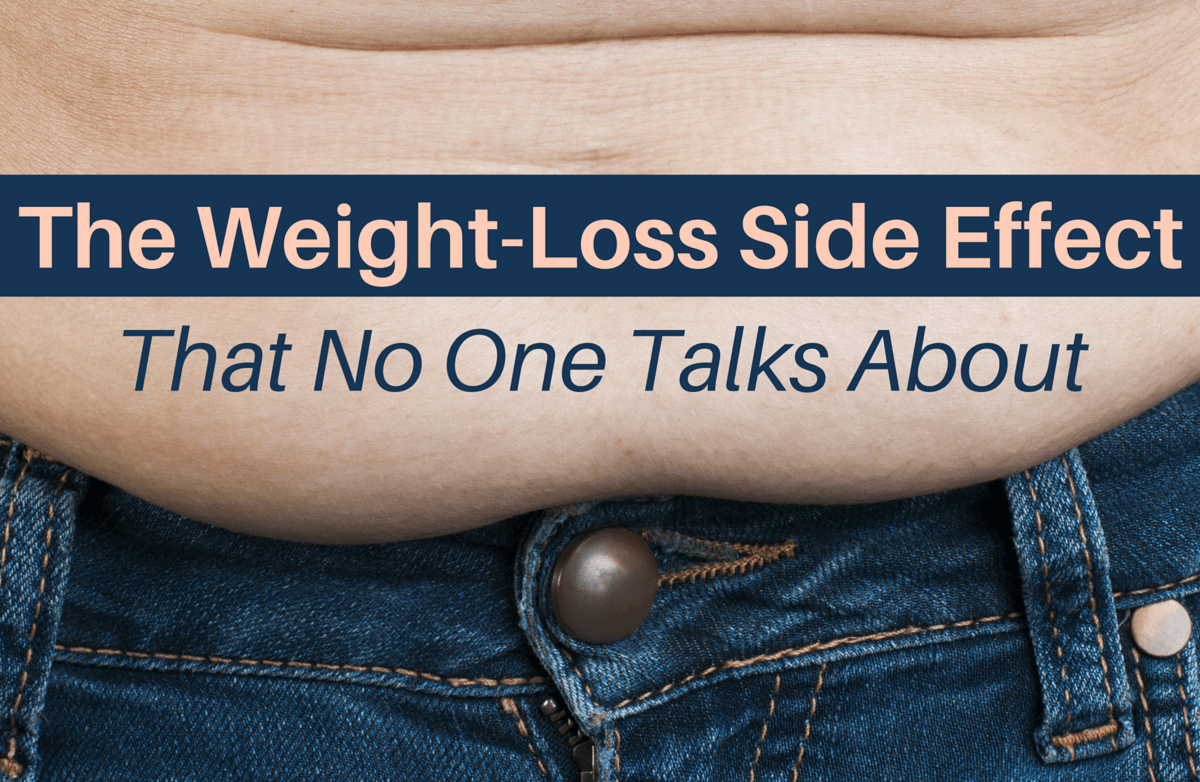|
It's blamed for a host of ailments: headaches, digestive distress, weight gain, poor immune function, hormonal disruption, and even behavioral problems in children. But does gluten, the natural-occurring protein found in wheat, barley, rye and some oats, really the cause of all these health evils? Many health-conscious consumers believe so. Oprah Winfrey tried a 21-day "cleanse” in 2008 where she eliminated meat, dairy, sugar, caffeine—and gluten—from her diet for three weeks. Grocery shoppers are seeing more food packages plastered with "gluten-free" logos on their faces, too. And specialty stores like Whole Foods offer gluten-free shopping lists and place little flags next to the gluten-free products on their shelves. As it turns out, gluten-free is a booming business. That's great for people who need to avoid gluten, but what about the rest of us? We're all getting the message that gluten must be bad for us—why else would Oprah avoid it and our foods need to be "free" of it? Gluten-free foods are all the rage these days, but is gluten-free (or wheat-free, for that matter) the way to be or is it just another food trend? Here are the real facts about gluten-free diets and gluten sensitivities, starting with the basics. What is Gluten? Put simply, wheat (all types, including durum, einkorn, faro, kamut, semolina and spelt), barley, rye and certain processed oats all contain a protein called gluten, and all foods made from these grains (most flours, cereals, breads, pastas, crackers and cookies) contain gluten, too. For a pretty comprehensive list of gluten-free and gluten-containing foods, click here. Not all grains contain gluten, however: Amaranth, arrowroot, buckwheat, cassava (manioc), corn, flax, indian rice grass (montina), Job's tears, millet, finger millet (ragi), potatoes, quinoa, rice, sago, sorghum, soy, tapioca, tef (teff), wild rice and yucca are naturally gluten-free. Oats are gluten-free, but the processing of oats usually contaminates them with other gluten-containing foods, so only oats that are specially labeled as gluten-free are safe for people with sensitivities. What makes foods that contain gluten so desirable (besides the nutritional benefits of protein) is its texture. What makes bread so elastic and chewy? Gluten. What gives bread structure so it can rise before it is baked? Gluten again. This protein also helps bread retain its shape and acts as a binder, thickener, and stabilizer—not only in bread, but also in many processed foods, including ice cream, ketchup and salad dressing, and other products like toothpaste and medicines. (Unfortunately, for people with gluten sensitivities, you won't always find the word "gluten" on an ingredients label.) Because of all of these properties, gluten can often be found in meat analogs (vegetarian meat substitutes like seitan, veggie burgers and other faux meats) and specialty diet foods that are designed to be higher in protein. Because gluten is cheap, rich in protein and has so many great properties, it's found in a plethora of processed, fast food and restaurant foods—you know, the kind of foods we probably shouldn't be eating a lot of anyway. That doesn't mean that gluten itself is bad for you (it occurs naturally in many health-promoting whole grains), but it does mean that it's hard to avoid if you really need to. Why Avoid Gluten? Some people, from alternative health practitioners to some mainstream integrative doctors, blame gluten and wheat for a variety of health problems, such as depression, fatigue, weight gain and behavioral problems. It's true that people with gluten intolerance and celiac disease (present in 1% of the American population) may experience a wide array of symptoms or nutritional deficiencies that could lead to these problems. But this is not the case for gluten in general, nor is it true for everyone else who eats it. None of the theories that gluten directly causes health problems in the other 99% of the population have ever been proven. You may hear some convincing stories, though: your aunt who gave up gluten and finally lost 50 pounds, or a stranger who blogged about feeling more energetic and less depressed after going gluten-free. Many people might feel better, experience less digestive distress or actually become healthier by giving up gluten-containing foods, but that doesn't necessarily mean that gluten itself was causing those problems in the first place. In addition, personal experience is not the same thing as a well-designed research study; as you probably learned in high school science class, correlation does not prove causation. It's impossible to know whether giving up gluten (or wheat) itself may have improved one's health or if those improvements resulted from a combination of factors. For example, a person who adopts a gluten-free diet will suddenly avoid most (if not all) processed foods, fast foods and restaurant foods. These foods are also notoriously high in fat, sodium and calories and low in nutrients anyway. A gluten-free diet also involves cooking more meals at home and eating more unprocessed foods like fruits and vegetables. Certainly, these healthful dietary practices would result in many positive health outcomes. But can you attribute the health, weight, or mental improvements directly to gluten itself? Can you blame the gluten in your Big Mac for the health problems you've faced in the past (rather than the Big Mac itself)? No. Gluten-free diet or not, we could all benefit from eating more fresh, unprocessed foods, cooking more at home, and dining out less often. A multitude of factors are at play here. In the article "Putting the Healthy into Gluten-Free," published in the trade magazine Today's Dietitian, Registered Dietitian Earline Griffith commented, “I am seeing people who don’t need to be on a gluten-free diet choosing gluten-free products because they think [they’re] healthier. It’s kind of comical, as it is healthier to eat conventional 100% whole grain products rather than [ones that are] processed.” So why avoid gluten if you don't need to? Or more importantly, what's the big deal if you want to eat a gluten-free diet anyway? Downsides and Challenges of a Gluten-Free Diet Giving up gluten is not easy to do. It involves a complete overhaul of one's diet, cooking techniques, kitchen set up (crumbs inside a toaster could contaminate your gluten-free bread, for example) and eating habits. And it's not without its downsides. People who need to avoid gluten due to celiac disease and people who are simply avoid because they think it's unhealthful can run into a variety of problems.
Gluten Sensitivity and Celiac Disease Gluten sensitivity is an umbrella term for a collection of medical conditions in which a person experiences adverse reactions to eating gluten. According to the Celiac Disease Foundation, fewer than 1 out of 133 people (less than 1%) in the United States have celiac disease (also known as celiac sprue, nontropical sprue, and gluten-sensitive enteropathy), a condition in which the body cannot handle gluten. This condition is even less common worldwide (1 out of 266). Unlike allergies, which can develop over time, celiac disease is a genetically determined condition, the cause of which is still unknown. When a person with celiac disease consumes gluten, an autoimmune reaction occurs in the small intestine, resulting in damage to the surface of the small intestine and painful stomach bloating, cramps, gas, diarrhea, and constipation. Fatigue, weight loss, and malnutrition are common symptoms, too. Celiac disease may also present itself in less obvious ways, including irritability or depression, stomach upset, joint pain, muscle cramps, headaches and migraines, anemia, skin rash, mouth sores, dental and bone disorders and tingling in the legs and feet. However, because these symptoms are common to many other conditions and can range in severity, celiac disease is often overlooked or misdiagnosed, as irritable bowel syndrome, chronic fatigue syndrome or fibromyalgia. If you exhibit any of these symptoms, talk with your doctor to discuss them and get tested. Screening for celiac disease involves a simple blood test that your doctor can perform. A complete panel (antigliadin antibody (IgG and IgA), tissue transglutaminase (tTG IgA), anti-endomysial antibody (EMA), and total serum IgA) will yield the best results. The gold standard of celiac disease diagnosis is an intestinal biopsy. Because of a known genetic component, it is recommended that family members of a diagnosed celiac be tested, even if asymptomatic; people with other autoimmune diseases are at a 25% increased risk of having celiac disease, says the Celiac Disease Foundation. Individuals whose test results do not exhibit the markers of celiac disease, but still experience similar symptoms when eating gluten, may have gluten intolerance. Intolerance to gluten may develop or worsen over time, but there is no research to show that individuals with gluten intolerance will develop celiac disease. It should be noted that gluten intolerance has not been well researched, but it is generally accepted that gluten sensitivities do exist in varying degrees for some people. While people with celiac disease need to avoid gluten to prevent unwanted symptoms and additional damage to the intestines, some people with gluten sensitivities may tolerate varying amounts of gluten without negative effects. It is recommended (and beneficial) that people with gluten intolerance and celiac disease both work closely with their health care providers to manage their symptoms and prevent complications. Going Gluten-Free Just 1/8 teaspoon of wheat flour can prevent healing and exacerbate symptoms, according to some studies. So people with celiac disease need to avoid gluten permanently. Within days or weeks of abstaining from gluten, inflammation in the small intestine will begin to subside. There is no cure for celiac disease, but you can effectively manage it through strict dietary changes and the adherence to a gluten-free diet. The following resources, selected by SparkPeople's Head Dietitian, Becky Hand, may be beneficial for people who must follow a strict gluten-free diet. WEBSITES
SparkPeople.com cannot provide gluten-free meal plans because it is a multifaceted disease that requires individualized attention and nutritional education. We recommend that anyone with celiac disease meets with a Registered Dietitian to receive the necessary education, individualized meal planning and supplementation necessary to avoid symptoms and prevent nutritional deficiencies. Your dietitian can advise you on how to best maintain the nutritional quality of your diet and help you come up with gluten-free baking, cooking and shopping tips. Once you are familiar with your gluten-free diet and the special gluten-free food products on the market, you are ready to combine this information with the tools and assistance at SparkPeople. You can use SparkPeople's general meal plans and make appropriate substitutions with gluten-free products or track your own foods as recommended by your Registered Dietitian. Upload your gluten-free recipes to your SparkRecipes cookbook to analyze, save and track your favorite recipes while monitoring your calories and nutritional intake. And post often in our gluten-free SparkTeams for support and tips from other members. This content has been reviewed and approved by SparkPeople nutrition expert, Becky Hand, Licensed and Registered Dietitian. Sources Celiac Disease from Harvard Health Publications Gluten (for information about gluten's properties) from Wikipedia.com The Gluten-Free Diet: An Update for Health Professionals by Carol Rees Parrish, R.D., M.S. accessed from University of Virginia (Virginia.edu) Gluten-Free Diet Information Sheet from the Vegetarian Society (VegSoc.org) Gluten-free diets gaining in popularity by Kim Painter from USATODAY.com Gluten Sensitivity from the Gluten Intolerance Group (gluten.net) Gluten Sensitivity (for information on the definition of gluten sensitivity) from Wikipedia.com The Gluten Sensitivity Spectrum by Danna Korn from GlutenFreedom.net Putting the Healthy into Gluten-Free by Sharon Palmer, RD from TodaysDietitian.com Understanding Celiac Disease by John Libonati and Cleo Libonati, RN, BSN from TodaysDietitian.com |
Popular EntriesMore From SparkPeople
|















